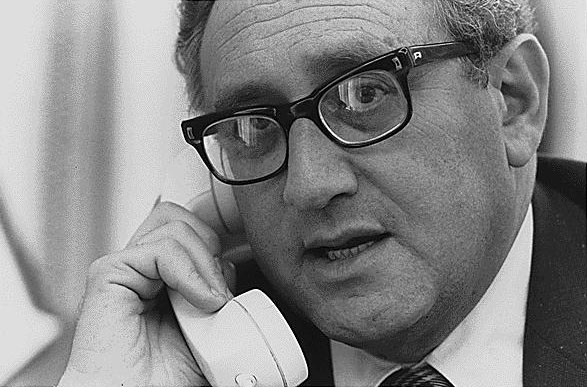"That nigger going down the street," said Dr. Hasselbacher standing in the Wonder Bar, "he reminds me of you, Mr. Wormold." It was typical of Dr. Hasselbacher that after fifteen years of friendship he still uses the prefix Mr -- friendship proceeded with the slowness and assurances of a careful diagnosis. On Wormold's death-bed, when Dr. Hasselbacher came to feel his failing pulse, he would perhaps become Jim.
The Negro was blind in one eye and one leg was shorter than the other; he wore an ancient felt hat and his ribs showed through his torn shirt like a ship's under demolition.
That was as far as I read before I decided to buy it. What I love about the opening of Our Man is Greene's indirection. Greene was not a racist, and anyone familiar with his work would not suppose he uses "nigger" absent-mindedly. No, the word is meant to shock; not by itself, but by the casualness with which it is redressed by Wormold, who digresses on Dr. Hasselbacher before asserting "Negro" in the slur's place and proceeding with a description. First, we receive data about Hasselbacher; second, about the black Cuban. But every word is revealing the milquetoast spy Wormold, "our man" of the title, especially his distaste for Hassebacher's racism and his cautiousness in responding to it.
 On the subject of indirection, skullduggery, and strange friendships -- yes, this will be a thin connection -- I want to record a few words from a memo I found on an exciting new (to me) research tool provided by the NYU library, a searchable database of declassified documents. This one is the transcript of a 1971 phone conversation between Henry Kissinger and Kirk Douglas, the actor. It's hot stuff -- it wasn't declassified until 2004. The exchange starts with the two men chortling about a "very pretty blond girl" Kissinger wound up with at a party. Neither remembers her name, but both laugh over how dumb blonds are. Then Douglas gets down to business:
On the subject of indirection, skullduggery, and strange friendships -- yes, this will be a thin connection -- I want to record a few words from a memo I found on an exciting new (to me) research tool provided by the NYU library, a searchable database of declassified documents. This one is the transcript of a 1971 phone conversation between Henry Kissinger and Kirk Douglas, the actor. It's hot stuff -- it wasn't declassified until 2004. The exchange starts with the two men chortling about a "very pretty blond girl" Kissinger wound up with at a party. Neither remembers her name, but both laugh over how dumb blonds are. Then Douglas gets down to business:
Douglas: Where can I reach Billy Graham?
Kissnger: I don't know but I can find out for you.
D: If you find out where he is, tell him that I plan to call him.
K: Can you tell me what about?
 Kirk Douglas, who is Jewish, wants to make a TV special about religion. He's going to have Johnny Cash, George Harrison, Muhammad Ali, and, if Kissinger will wrangle him, Billy Graham.
Kirk Douglas, who is Jewish, wants to make a TV special about religion. He's going to have Johnny Cash, George Harrison, Muhammad Ali, and, if Kissinger will wrangle him, Billy Graham.
D: Would this be a problem for you?
K: No. I like him. He wrote me a nice letter and I want to acknowledge
it anyway.
D: I think this would be something very interesting for him to do because
he relates to young people.
K: Have you ever been to one of his meetings?
D: No, but I have watched him on television
K: I went to two of his revival meetings. At the end he spoke in
a very soft voice and it is really unbelievable how they all started to
come up. It is to me very moving. You ought to go to one of his revival meetings. When those people
step forward, it lasts as long as his speech was. His speech is very
strong and traditional but he talks in a much gentler way when he asks
them to come forward.
D: Were you ready to go forward?
K: No, but I was very impressed.
D: I don't know if you are aware of the tremendous religious movement
there is. The top selling record if religious songs that talk about Jesus
Christ, the Lord, God.
Such spiritual heavy lifting tuckers them out, so they return to their favorite subject, the ladies. Both agree that Marlo Thomas is "a bright girl." Douglas invites Kissinger out to LA for what he promises will be "an interesting dinner party." Then Kissinger giggles. "Why are you laughing?" Douglas asks. "We"--Henry Kissinger and Kirk Douglas--"are practically going steady," says Kissy.
D: Yes, but look, what you are doing on the religious, spiritual revolt in the
country. I don't know if you really are aware to the extent this is taking
on.
K: I don't know if I am.
D: Are you behaving yourself in Washington?
K: I play on the West Coast, I behave myself in Washington.